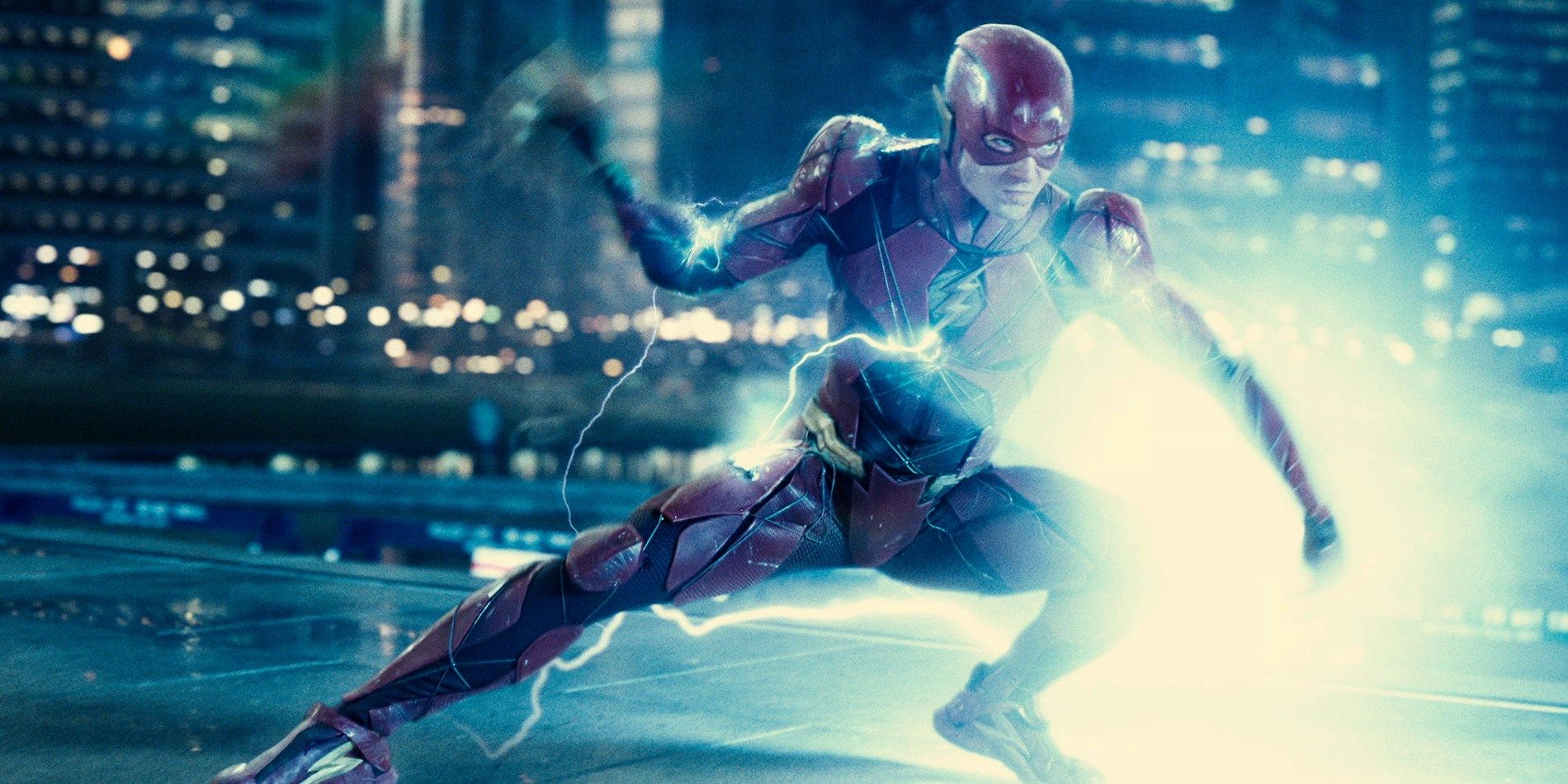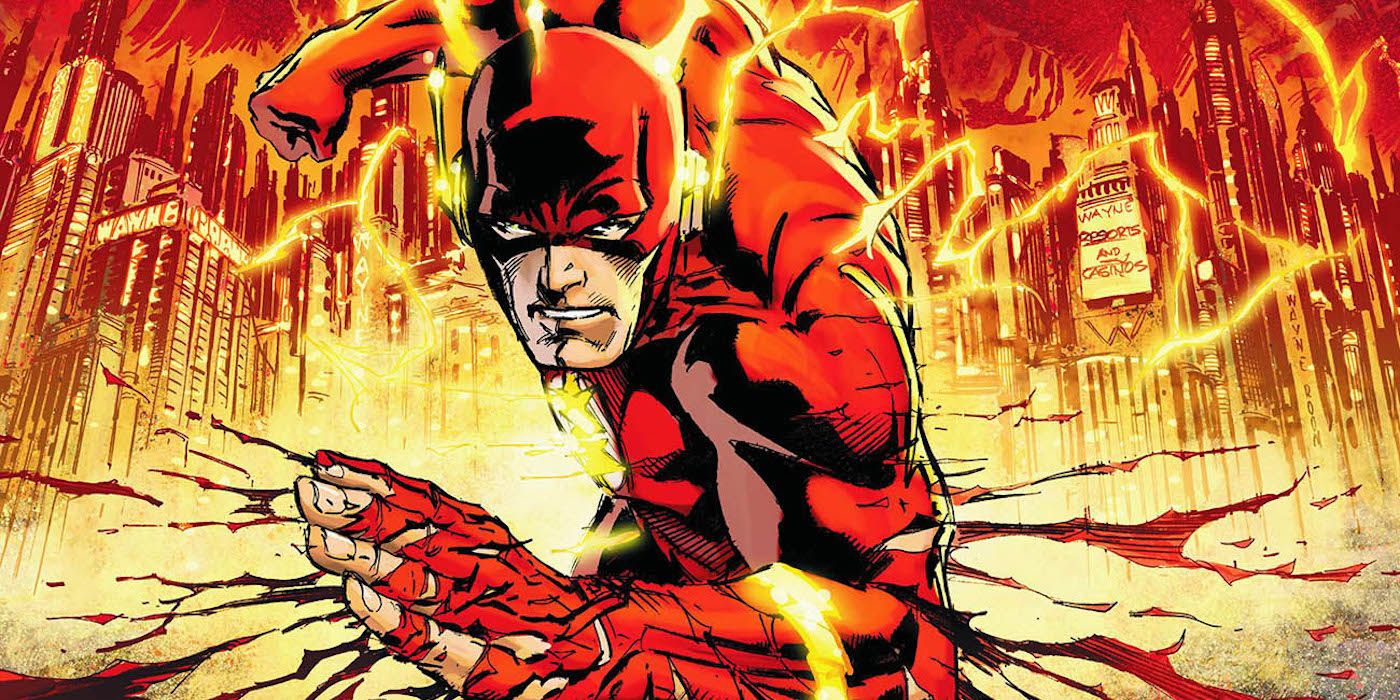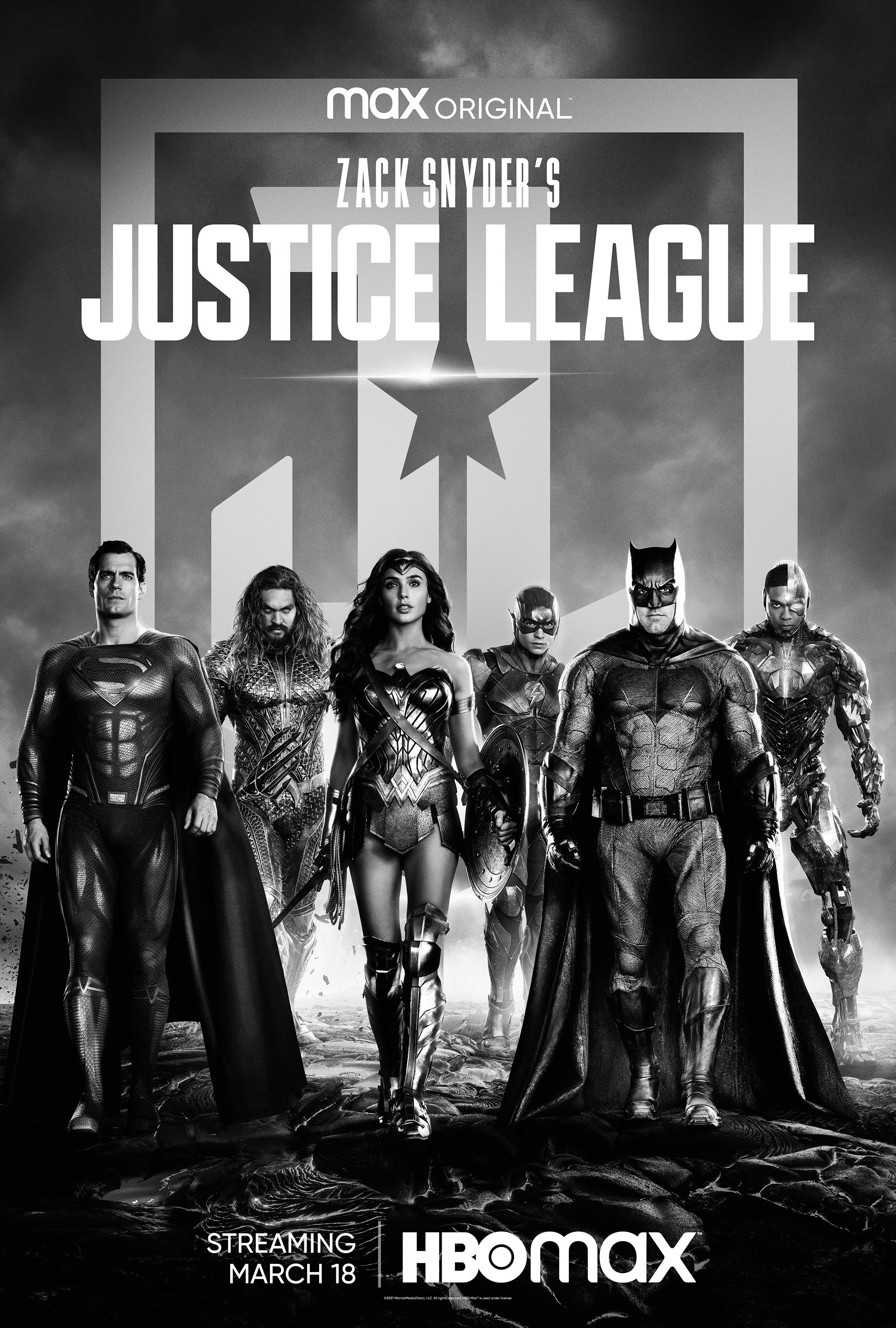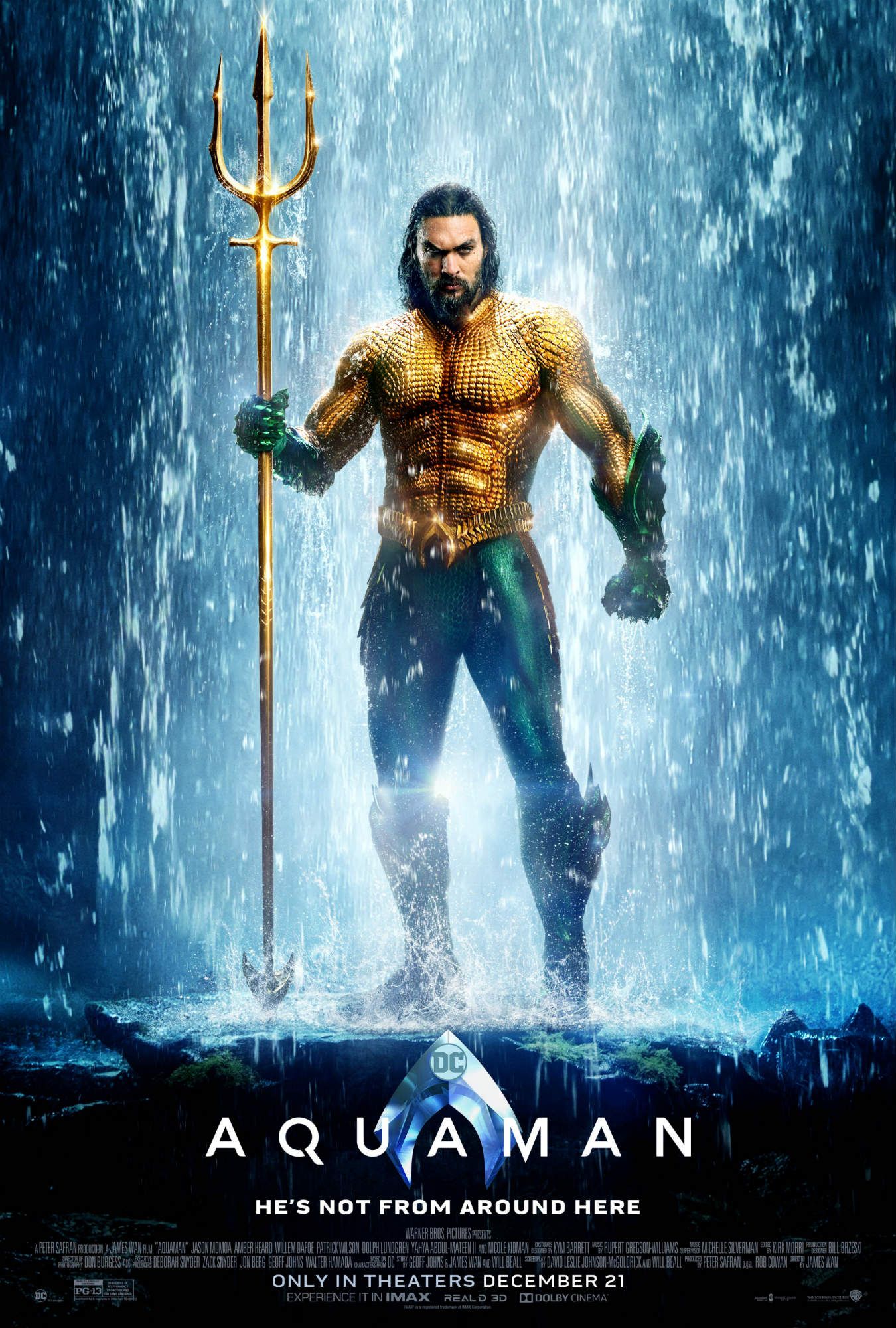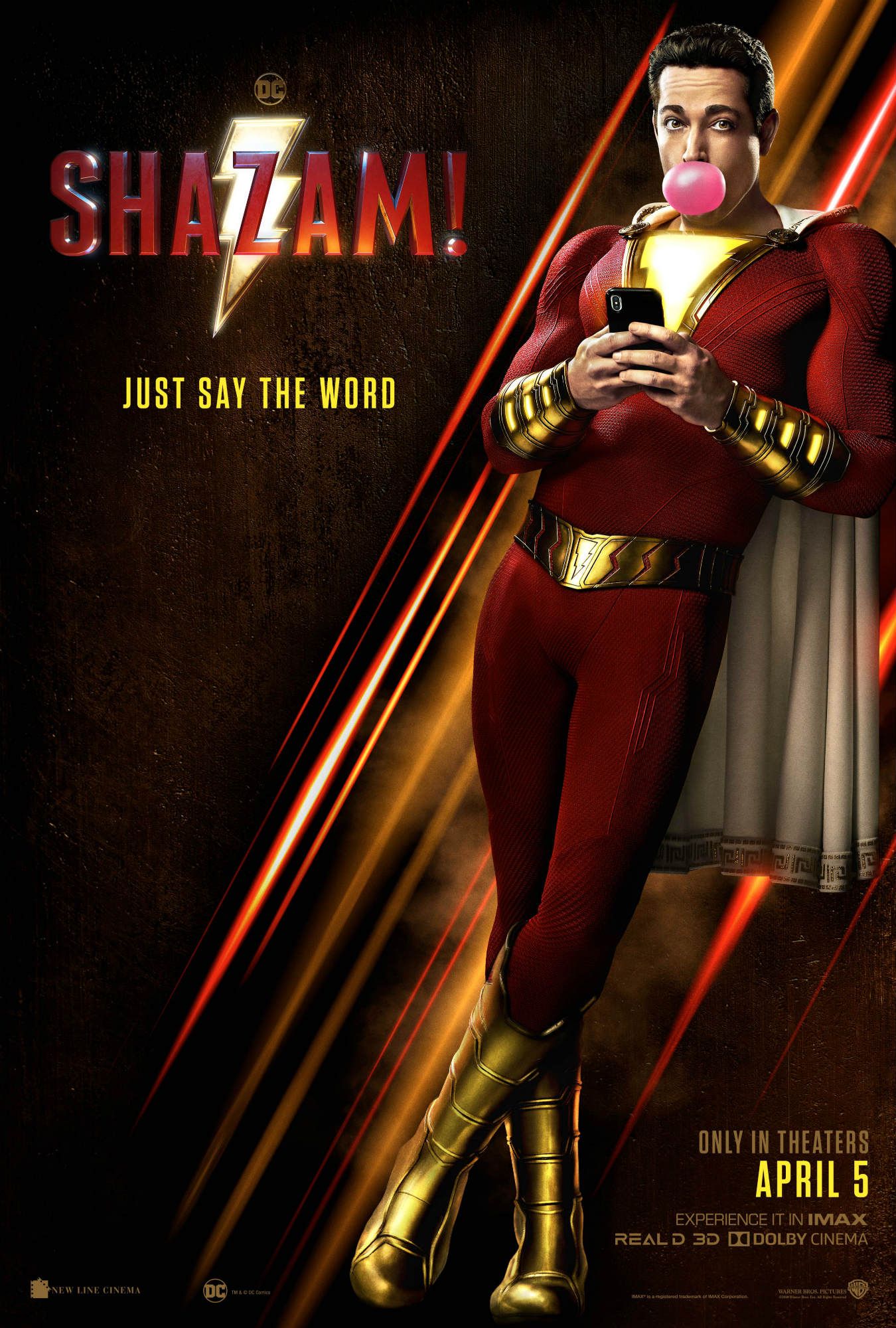As DC Comics fans have no doubt gotten tired of hearing, the DC Extended Universe continues to be a troubled place. Its first three films (Man of Steel, Batman V Superman and Suicide Squad) - an ambitious slate mapped out largely by producer/director Zack Snyder charting a dark, edgy vision of a superhero universe - were released to massive fanfare only to be met by puzzled audiences and legendarily poor reviews from critics. Ben Affleck dropped out of directing The Batman, then saw his partially self-composed screenplay tossed out by the new director, Justice League has undergone extensive reshoots, widespread gossip of behind the scenes power-struggles and was recently revealed to have also been rocked by a tragic death in the family of director Snyder; who has now left the project in the typically capable hands of Joss Whedon. To date, the sole unquestionable success of the entire production has been the most recent installment, Wonder Woman.
Officially, Warners is still charging ahead with Justice League and the broader universe of spin-offs and tie-ins set to project out from its release. But many are reading between the lines to see a studio in upheaval and trying to perform damage control repairs while also largely retooling a mega-franchise whose original overriding aesthetic (darker, director-driven "gritty" brand-reimaginings inspired by brutal late-80s/early-90s graphic novel hits like Death of Superman and The Dark Knight Returns) has proved to be a non-starter with many audiences and has earned the near-universally divisive responses from critics.
At times when DC's comic book universe has faced this kind of uncertainty about its own future (whether the present were profitable or not), the publisher always had a favorite solution: Launch a major crossover (usually but not always called some kind of "Crisis") and reboot the whole timeline using the plot excuse of reality itself having been yanked off-axis to allow any changes they may want to take place. DC line-wide reboots have deleted The Infinite Earths, brought them back, powered-up and de-powered Superman, turned Donna Troy into a dozen different people and in the new Doomsday Clock maxiseries will be folding The Watchmen into the DCU-proper for the first time. One of the most substantive recent reset-button events, however, was called Flashpoint - and that title just got a lot more significant to DCEU movie fans.
Freshly announced at San Diego Comic-Con, Warner Bros has revealed that the Ezra Miller-starring Flash movie (another notoriously troubled production: Two director drop-outs, multiple scripts, significant production delays) will be called Flashpoint. The movie will presumably adapt (to an unspecified degree) the storyline from the comics, which saw the speed-running hero Barry Allen attempt to use time travel to prevent the death of his mother and inadvertently created a dystopian future of unintended consequences. Further attempts to rearrange the history of the DCU back into place were ultimately used to explain the radical changes to mythos and continuity of DC's line-wide "Rebirth" initiative.
Given that, it's understandable that many DCEU fans are now asking themselves if the Flashpoint movie might be put to the same use: With actor commitments, filmmaker hirings and character focus changing rapidly and Warner Bros intimating that an overhaul of their superhero approach is being sought in the wake of Wonder Woman's surprise mega-success, is the studio planning to follow the example of the comics and use Barry Allen's reality-warping missteps in Flashpoint as a way to write themselves out of a jam - or several jams? It's not as implausible as some might initially think. By the time Flashpoint is out, audiences will have already been asked to absorb the cosmic-scale time-bending action in Avengers: Infinity War and the staggering weirdness of Jack Kirby's "New Gods" concepts in Justice League, not to mention a very similar approach that was used in the X-Men universe with Days of Future Past several years ago. Will accepting some variation on "Oh no! I changed the past and now several of my friends are played by different actors!?" be that much of a stretch by then?
If not, the question becomes what sort of changes the studio could see Flashpoint as the shortcut to making. Obviously, if Ben Affleck were to have changed his minds about spending Robert Downey Jr amounts of time in a superhero role, time-travel shenanigans being blamed for Bruce Wayne looking suddenly different would be the most expected change. Maybe resurrections for characters like Johnathan Kent, Zod or Steve Trevor? Major costume changes for the likes of Superman or The Flash himself? Design changes overall away from the grimy darkness that has characterized the franchise to this point? Or maybe the focus would be on willing thus-far missing fan-favorite supporting characters like Supergirl or Batgirl (whose ability to appear in her own movie despite no mention of her elsewhere has yet to be explained) into existence without tedious origins.
As we've already covered, this approach isn't likely to instigate a universe-wide reboot, but the title "Flashpoint" understandably carries its fare share of baggage, and DC knows that when fans hear "Flashpoint" they hear "things are changing." The full nature or extent of these changes has yet to be revealed, but in a universe that has already pit the Dark Knight against the Man of Steel and shown us the death of Superman, it's unlikely we'll see them make a Flashpoint movie with zero repercussions.
Whatever happens - and whatever it ultimately means or doesn't mean - what's certain is that a simple title change has turned Flashpoint into one of the can't miss features of the entire DCEU slate. Now, if it can just find a director.

